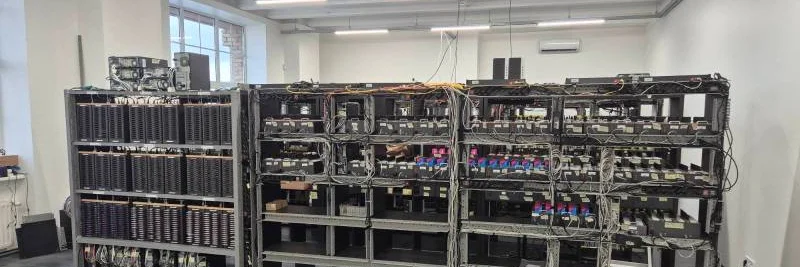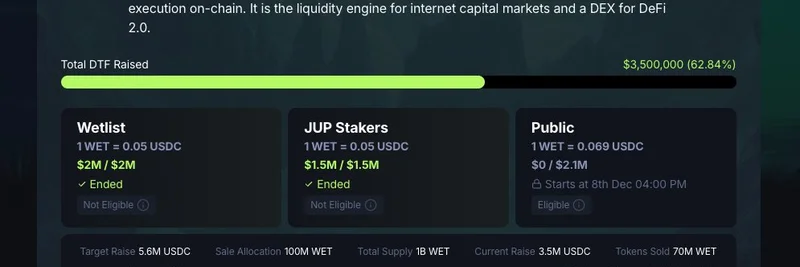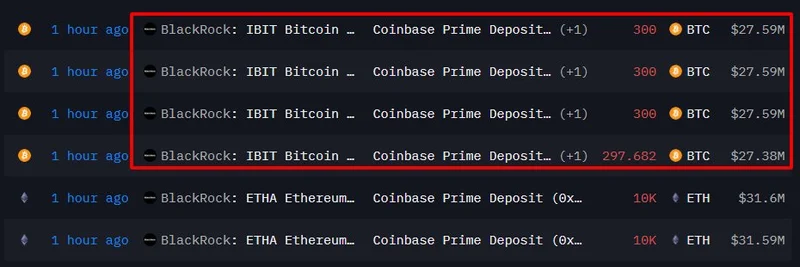Hey there, fellow crypto enthusiasts! If you've been scrolling through X (formerly Twitter) lately, you might have come across a post from MartyParty (@martypartymusic) that's stirring up some serious discussion in the blockchain world. In his tweet, he highlights a major cyber crime bust by Europol and Latvian law enforcement, pointing out how centralized systems are letting us down. Let's dive into what this means, especially for those of us in the meme token and broader crypto space.
The Bust: What Happened?
In a coordinated operation dubbed "SIMCARTEL," authorities raided locations in Latvia on October 10, 2025, arresting seven suspects and shutting down a sophisticated cybercrime network. They seized 1,200 SIM box devices—essentially racks of hardware that manage multiple SIM cards to simulate phone numbers—and 40,000 active SIM cards. These tools were used to create fake phone numbers from over 80 countries, enabling criminals to set up millions of bogus online accounts.
For the uninitiated, a SIM box (or SIM bank) is a device that houses multiple SIM cards and connects them to the internet via VoIP (Voice over Internet Protocol). This setup allows scammers to send spam texts, make phishing calls, and verify fake accounts without revealing their real identities. The network operated through websites like gogetsms.com and apisim.com, which have now been taken over by law enforcement.
According to Europol's official announcement, this service facilitated over 49 million fraudulent accounts, linked to more than 3,200 fraud cases across Europe. Victims lost millions—EUR 4.5 million in Austria alone and EUR 420,000 in Latvia. Crimes ranged from phishing scams and fake investment schemes to impersonating police officers and even migrant smuggling.
MartyParty's tweet quotes a video post showing footage from the raid, emphasizing that these are the operations behind those annoying spam texts and phishing attempts we all deal with. He wraps it up with a poignant note: "The centralized systems are failing."
Why This Matters for Crypto
In the crypto world, where meme tokens like Dogecoin or newer ones on Solana and Ethereum thrive on community hype, phishing and scams are rampant. Think about it—how many times have you received a suspicious text claiming to be from your wallet provider or a hot new airdrop? These fraudsters often use fake phone numbers to build trust, tricking users into clicking malicious links that drain wallets or steal private keys.
Centralized telecom systems, reliant on traditional carriers and verifiable identities, are supposed to prevent this. But as this bust shows, they're easily exploited. Criminals can rent phone numbers en masse, bypassing verification processes on platforms like exchanges, social media, or even DeFi apps.
This is where blockchain shines. Decentralized systems don't rely on a single point of failure. For instance, decentralized identity solutions like those on Ethereum (e.g., ENS domains or self-sovereign identities) allow users to verify themselves without exposing personal data to centralized databases. In meme token communities, where pumps and dumps can attract scammers, adopting decentralized communication tools—think encrypted messaging on blockchain protocols—could reduce spam and phishing vectors.
Lessons for Meme Token Holders and Builders
If you're holding or building meme tokens, this news is a reminder to stay vigilant. Here are a few tips:
- Use Hardware Wallets: Keep your seeds offline to avoid phishing drains.
- Verify Sources: Always double-check URLs and messages. Use tools like PhishTank to report and check suspicious links.
- Embrace Decentralization: Look into projects like decentralized social platforms (e.g., on Web3) that minimize reliance on centralized phone verifications.
- Community Education: Meme token groups on Telegram or Discord should promote awareness about these scams. Share resources from sites like Meme Insider to keep everyone informed.
The SIMCARTEL takedown is a win for law enforcement, but it underscores a bigger truth: as long as centralized systems dominate telecom, fraud will persist. Blockchain practitioners, including meme token creators, have an opportunity to lead the way toward more secure, decentralized alternatives.
What do you think? Is this the push we need for wider adoption of decentralized tech? Check out the original tweet and join the conversation. Stay safe out there!




